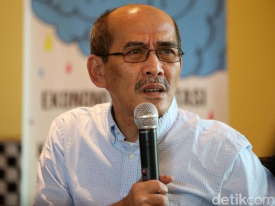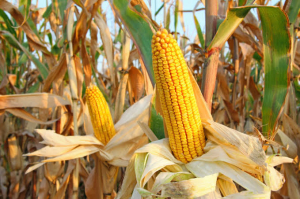Non-oil and gas driven by natural resource exports is seeing a surplus for Indonesia
Bank Indonesia (BI) reported that Indonesia has a surplus of trade balance in March 2023. This surplus was driven by the continuing surplus in the non-oil and gas trade balance, which includes natural resource commodities such as coal, precious metals, metal ore, and iron & steel.
Concerning mineral ores, the Indonesian government had banned export on several metal ores in an effort to encourage domestic processing, refining and downstream industries. The ban on the export of nickel ore had been in effect since January 1, 2022. According to satudata.kemendag.go.id, the non-oil and gas metal ores that were exported included crust ore and metal ash.
"Starting in June 2023, the government will impose a ban on the export of bauxite ore, and encourage the domestic bauxite processing and refining industry," said President Jokowi, as reported by kominfo.go.id, on December 21, 2022.
Based on data from satudata.kemendag.go.id, exports of iron ore as of February 2023 had reached US$ 1,105.4 million.
According to Erwin Haryono, Executive Director of the BI Communication Department, Indonesia's trade balance surplus was driven by the non-oil and gas sector which recorded a surplus of US$ 4.58 billion (IDR 68.1 trillion). This surplus was supported by the strong performance of non-oil and gas exports which reached US$ 22.16 billion (IDR 329.5 trillion). Erwin explained that non-oil and gas exports is supported by increased exports of natural resource-based commodities.
"An increase in non-oil and gas exports was also recorded in manufactured products such as machinery and mechanical equipment and their parts," said Haryono on April 17, 2023.
Indonesia's non-oil and gas exports destination are Mainland China (US$ 5.67 billion), the United States (US$ 1.97 billion), Japan (US$ 1.78 billion), ASEAN countries (US$ 4.09 billion), and the European Union (US$ 1.53 billion). Exports to these countries have seen an increase, and are the main contributor to Indonesia's total exports.
Haryono added that based on Statistics Indonesia (BPS) data, Indonesia's trade balance in March was recorded at a surplus of US$ 2.91 billion (IDR 43.2 trillion). However, the number is lower compared to the number recorded in February 2023, which reached US$ 5.45 billion (IDR 81.2 trillion).
"Bank Indonesia considers this development as a positive for efforts to continue to maintain the external resilience of the Indonesian economy," said Haryono.
Meanwhile, Indonesia's oil and gas sector remains weak as it recorded a deficit in March 2023. "The deficit in the oil and gas trade balance increased slightly from US$ 1.22 billion (IDR 18.1 trillion) in February 2023 to US$ 1.68 billion (IDR 24.9 trillion) in March 2023," said Haryono.
Meanwhile, according to BI, Indonesia's overall trade balance has experienced a surplus since May 2020, which contributed to the addition of Indonesia's foreign exchange reserves.
Already have an account? Sign In
-
Start reading
Freemium
-
Monthly Subscription
30% OFF$26.03
$37.19/MonthCancel anytime
This offer is open to all new subscribers!
Subscribe now -
Yearly Subscription
33% OFF$228.13
$340.5/YearCancel anytime
This offer is open to all new subscribers!
Subscribe now






